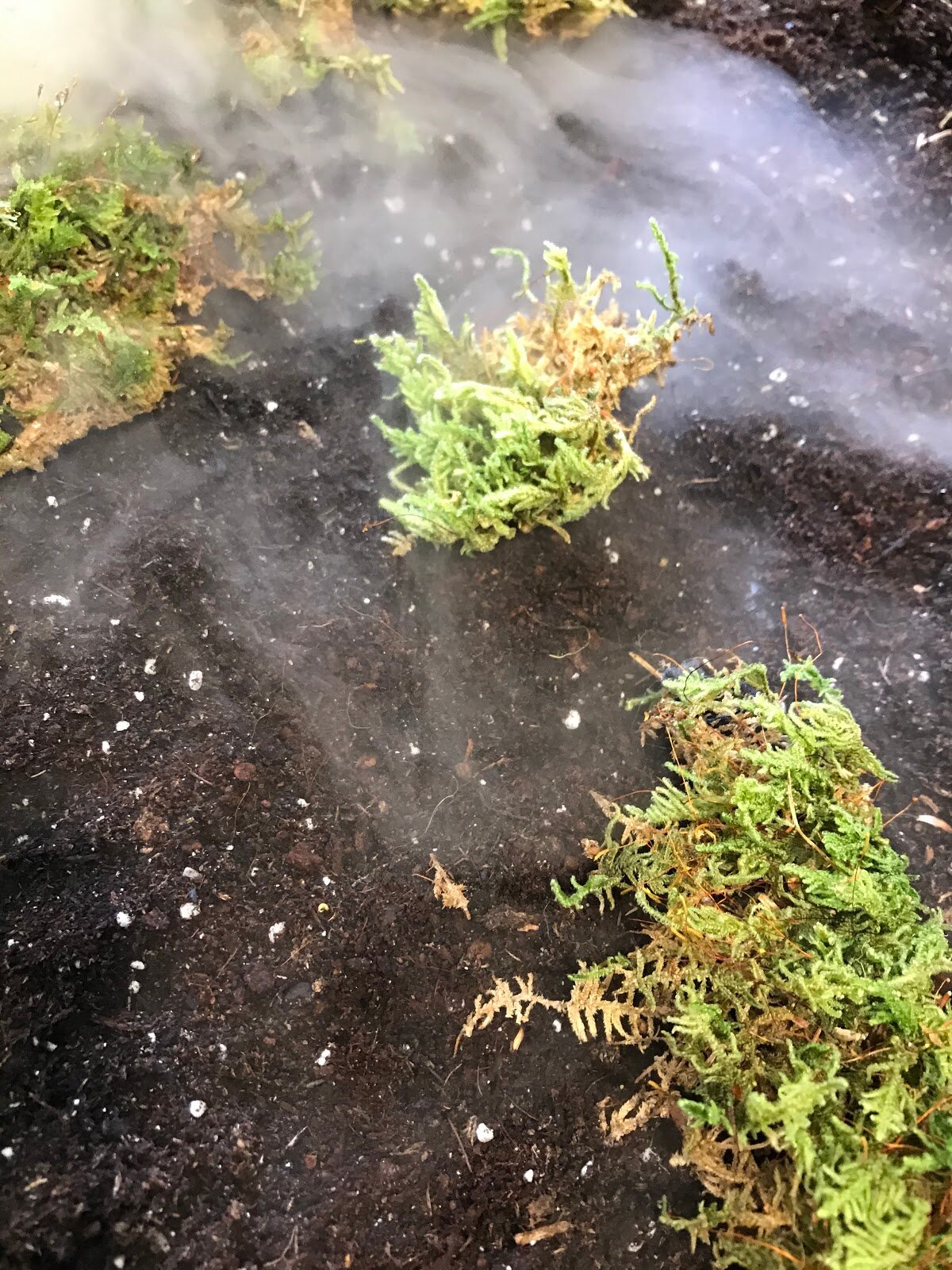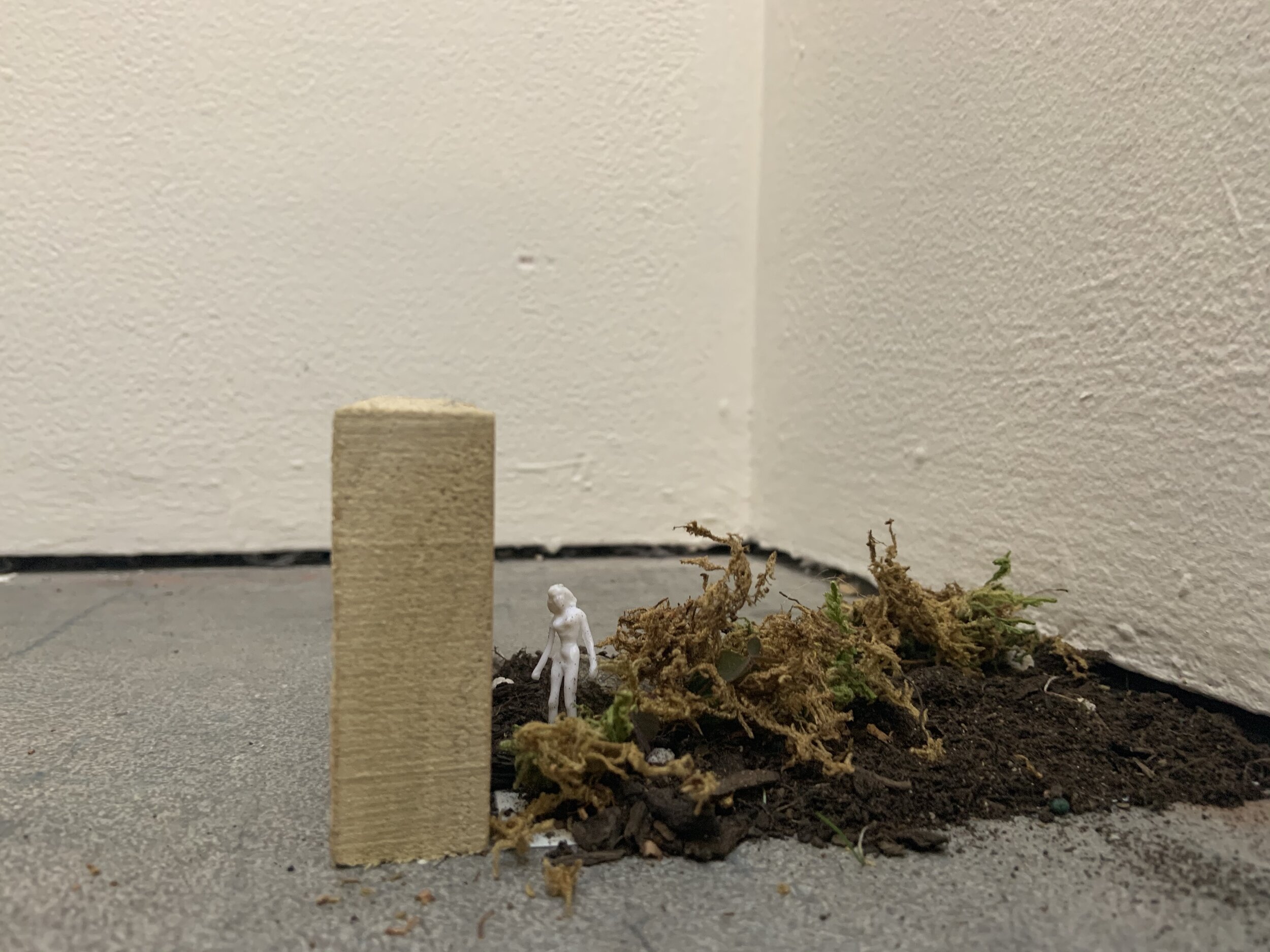Fall 2018, Fall 2019, Fall 2020
Instructors: Shalini Agrawal & Julia Grinkrug
Upper Division Interdisciplinary Studio (UDIST)
In the time of environmental and political instability, the fixed boundaries between private and public, natural and artificial, land and water – become uncertain. This course invites students to envision a possibility of fluid and dynamic relationships that embrace change and adaptability. The course examines people’s responsibility to water as a “common” resource, including the ways we use water, how or how not it is accessible, the dynamics of flow, and the social-natural ecologies of the watershed.
Students imagine, explore, and prototype water related scenarios, while addressing the multiple scales of reciprocal relationships between people and water – from molecular and micro-organic, through skin and body, to regional and potentially global. The outcome of the course are a series of responses, implemented as tangible prototypes that represent various imagined possibilities of how we interact with water.
In previous semesters students engaged in in-depth sensorial observations and interactive workshops that were geared to identify and to represent various components of site-specific cultural and environmental conditions. The core exposures of the course included conversations with experts, artists, activists, and community members combined with site visits and field trips.
As a result, students produced experiential and participatory installations that prompted deep interrogation of some of the fundamental premises in cultural-environmental imperative. Some of the questions asked where: What is nature? How and why do we care? How can we activate our memory? What is the reasoning behind our behaviors?














